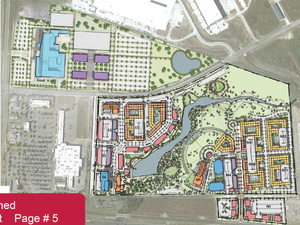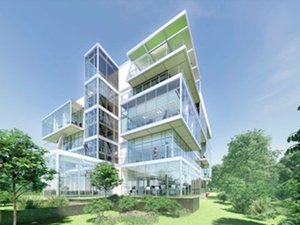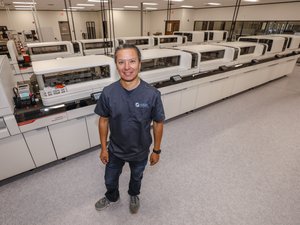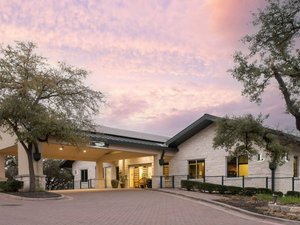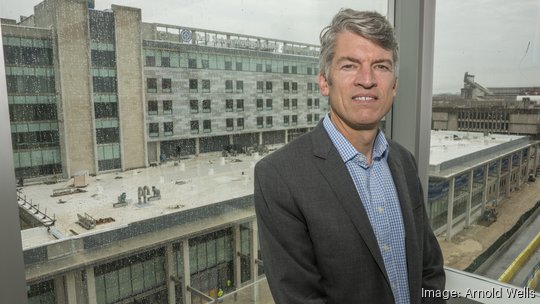
A health care startup founded by the former dean of the Dell Medical School has landed a massive new funding round to expand its specialty care offerings.
Harbor Health Team Inc. said today that it has secured $95.5 million in funding, bringing its total raised since its founding in 2022 to $128 million.
The investment was led by General Catalyst, with additional backing from Alta Partners, 8VC and returning investors Health 2047 Capital Partners, Lemhi Ventures and Martin Ventures.
The primary and specialty clinic group startup was founded by former Dell Medical School Dean Dr. Clay Johnston, 8VC advisor Eric Scott and health care entrepreneur and investor Tony Miller.
Last year, it expanded from two locations in Central Texas to eight, while also adding two mobile health units to cover local employers. It also launched a walk-in and after-hours clinic in Westlake and plans to open another in Round Rock this month.
"We realized in order to maximize the impact of our innovations, we needed to combine our efforts into one enterprise as a vertically integrated 'pay-vider' — both a payer and a provider," Johnston said. "We have built a geographically dense care model that is organized around integrated practice units and focused on member health conditions."
Harbor Health offers primary care for women, men and children, as well as behavioral health, wellness services and specialty care and chronic disease management. It is currently hiring for about 15 positions, including registered nurses, assistants, neurologists and administrative roles in Austin and Round Rock.
Its goal is to disrupt current care models and make health care more accessible and timely. The company says health coverage designs need to better match health conditions and align with insurance subsidies.
"Eventually, we see a future where current care design and benefit design models become obsolete, replaced by a health-producing and health-promoting system that follows people along their life journeys," Miller said.
